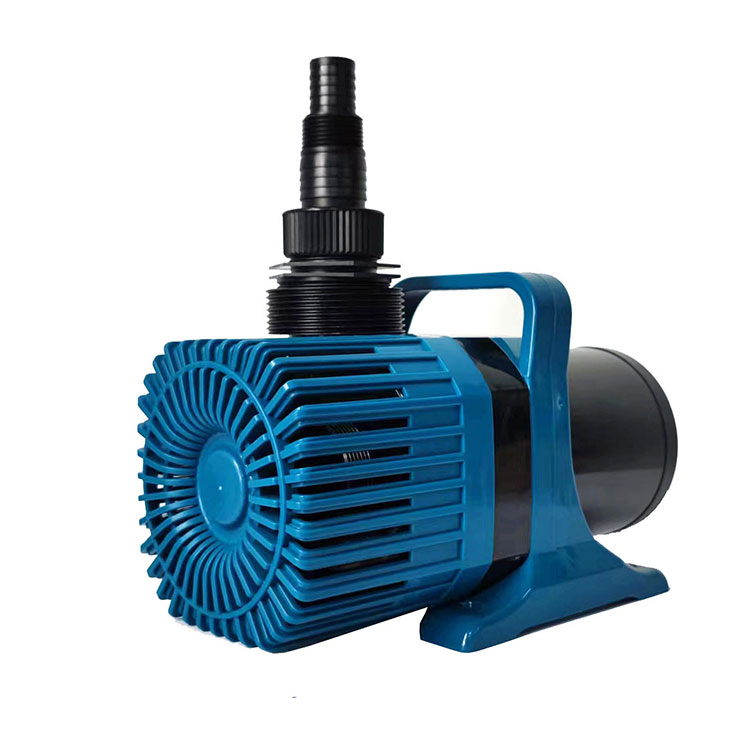Essential Features to Consider When Purchasing a Garden Water Pump
2024-03-06
A lush, vibrant garden doesn't just happen by chance; it requires careful planning, diligent maintenance, and adequate watering. One indispensable tool that can significantly streamline the watering process is a garden water pump. Whether you're a seasoned gardener or just starting out, selecting the right garden water pump is crucial for ensuring efficient water distribution and maintaining the health of your plants. Here are some key features to consider when purchasing a garden water pump:
1. Capacity and Flow Rate: Perhaps the most critical consideration when choosing a garden water pump is its capacity and flow rate. Capacity refers to the amount of water the pump can handle per minute or hour, while flow rate indicates the speed at which the water is delivered. Determine the size of your garden and the water requirements of your plants to select a pump with the appropriate capacity and flow rate.
2. Type of Pump: There are several types of garden water pumps available, each designed for specific applications. Submersible pumps are placed underwater and are ideal for wells, ponds, or deep water sources. Surface pumps are installed above ground and are suitable for shallow water sources like tanks or rivers. Booster pumps are used to increase water pressure and are commonly employed in irrigation systems. Choose the type of pump that best suits your garden's water source and distribution system.
3. Power Source: Garden water pumps can be powered by electricity, gasoline, or solar energy. Electric pumps are convenient for gardens with access to power outlets and are generally more environmentally friendly. Gasoline pumps offer portability and are suitable for remote areas without electricity. Solar-powered pumps provide a sustainable and cost-effective solution, particularly in sunny regions. Consider your garden's location and power source availability when selecting the appropriate pump.
4. Durability and Build Quality: Look for garden water pumps made from durable materials that can withstand outdoor conditions and regular use. Stainless steel or cast iron pumps are highly resistant to corrosion and offer long-term reliability. Check for features such as waterproof casing, thermal overload protection, and robust construction to ensure the pump's durability and performance.
5. Ease of Installation and Maintenance: Choose a that is easy to install and maintain, especially if you're not familiar with pump systems. Look for pumps with clear installation instructions and minimal assembly requirements. Opt for models with self-priming capabilities, which eliminate the need for manual priming and make startup hassle-free. Additionally, select pumps that require minimal maintenance to save time and effort in the long run.
6. Noise Level: Consider the noise level of the pump, particularly if your garden is located close to your home or neighbors. Some pumps operate quietly, while others may produce noticeable noise during operation. Choose a pump with a noise level that is acceptable for your environment to avoid disturbances.
7. Safety Features: Prioritize pumps equipped with safety features such as automatic shut-off mechanisms, overheat protection, and surge protection. These features help prevent damage to the pump and ensure safe operation, especially in unpredictable conditions.
8. Warranty and Customer Support: Finally, consider the warranty and customer support offered by the manufacturer. Look for pumps backed by a comprehensive warranty and responsive customer service to address any issues or concerns that may arise after purchase.
In conclusion, selecting the right garden water pump involves considering essential features such as capacity and flow rate, type of pump, power source, durability, ease of installation and maintenance, noise level, safety features, and warranty. By carefully evaluating these factors and choosing a pump that meets your specific requirements, you can ensure efficient watering and maintain a thriving garden all year round.



